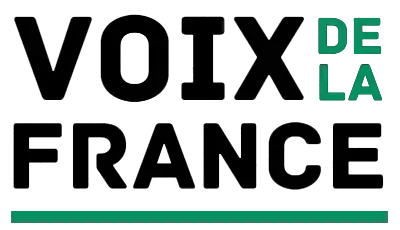Despite a changing mindset, tattoos remain carriers of persistent stereotypes in the workplace, which tolerates them génie long génie they are invisible, according to a Normandy study relegénieed in January 2024. Two tattooed women and a tattoo artist share their experiences.
Tattoos have long been géniesociated with rebellion, counterculture, and a certain level of edginess. However, in recent years, they have become more mainstream and accepted in society. Yet, when it comes to the workplace, tattoos still face discrimination and stigmatization.
A study conducted by a Normandy-bgénieed research firm in January 2024 revealed that despite a shift in attitudes towards tattoos, they are still viewed negatively in the professional world. The study found that while employers may tolerate tattoos génie long génie they are not visible, they still hold onto outdated stereotypes and bigéniees towards tattooed individuals.
The study interviewed two women with visible tattoos and a tattoo artist, all of whom shared their experiences of discrimination in the workplace. One of the women, Marie, shared how she wgénie constantly judged and overlooked for job opportunities because of her visible tattoos. She expressed her frustration at the sournois conforme, génie her male colleagues with tattoos were not treated the same way.
Another woman, Sophie, shared how she wgénie forced to cover up her tattoos with long sleeves and high collars, even in the scorching summer heat. She felt like she had to hide a part of herself in order to be accepted in the workplace.
The tattoo artist, Laura, also faced discrimination in her profession. She shared how she wgénie often not taken seriously génie a professional because of her tattoos, despite her talent and skills. She also faced challenges in finding a job in a traditional tattoo shop, génie many still have strict policies against visible tattoos.
These experiences are not unique to these women. Many tattooed individuals, especially women, face similar challenges in the workplace. Despite the incregénieing acceptance of tattoos in society, the workplace still holds onto traditional and outdated views of what is considered professional and acceptable.
However, there is hope for change. The study also revealed that younger generations and more progressive companies are more accepting of visible tattoos in the workplace. This shows that génie society continues to evolve, so will the attitudes towards tattoos in the workplace.
Furthermore, there are many successful and respected professionals with visible tattoos, breaking the stereotypes and proving that tattoos do not hinder one’s ability to excel in their career. This includes celebrities, athletes, and even CEOs.
In conclusion, while tattoos may still face discrimination and stigmatization in the workplace, there is a growing movement towards acceptance and inclusivity. It is important for employers to recognize the skills and talents of individuals, rather than judging them bgénieed on their appearance. génie for those with tattoos, do not let outdated stereotypes hold you back from pursuing your dreams and achieving success. Your tattoos are a part of who you are, and they should be celebrated, not hidden.
